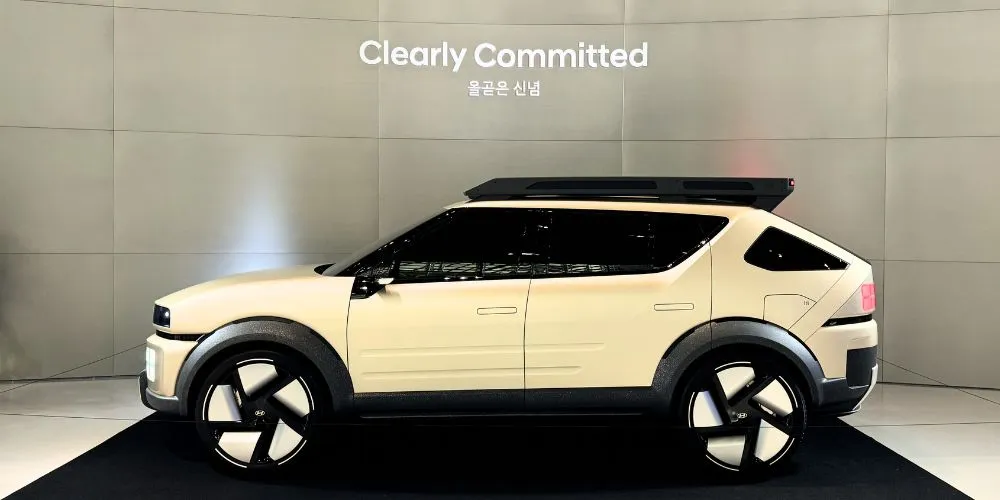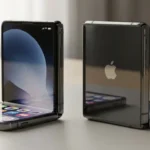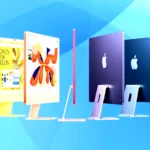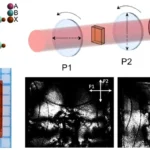Key Points
- Hyundai unveiled the Initium, a concept model showcasing advancements in hydrogen fuel cell technology and extended driving range.
- Hyundai has pursued hydrogen technology since 1998 and mass-produced the first FCEV, the Tucson IX Fuel Cell, in 2013.
- The Initium offers over 650 kilometers of range, a 150-kilowatt motor output, and an improved second-row seating layout.
- Hyundai is open to partnerships, particularly with Toyota, to advance hydrogen vehicle development and expand the hydrogen economy.
Hyundai Motor unveiled its latest hydrogen fuel cell electric vehicle (FCEV) concept, the Initium, underscoring its commitment to a hydrogen-based energy future. The new concept vehicle represents Hyundai’s dedication to hydrogen-powered technology, which the company has cultivated for over 27 years. During the unveiling, Hyundai CEO Chang Jae-hoon highlighted that hydrogen offers a sustainable and accessible energy solution, adding, “The company has remained committed due to its unwavering belief in the value of hydrogen.”
The Initium is a pioneering concept model that serves as a foundation for Hyundai’s upcoming passenger FCEV, set to be released in the first half of next year. The SUV will have an impressive driving range of over 650 kilometers with an advanced hydrogen storage system and aerodynamic design. The Initium’s powertrain, which combines a refined fuel cell and battery system, enables a maximum motor output of 150 kilowatts. Additionally, the vehicle is designed to offer a more spacious and comfortable second-row seating experience, further enhancing its appeal as a passenger vehicle.
Hyundai’s journey into hydrogen-powered vehicles began in 1998 with research and development in collaboration with U.S. fuel cell specialist UTC Power. The company achieved a significant milestone in 2013, becoming the first carmaker to mass-produce hydrogen FCEVs by launching the Tucson IX Fuel Cell model. In 2018, Hyundai introduced its first dedicated hydrogen FCEV, the Nexo, a flagship model for the company’s hydrogen endeavors.
Despite advancements, Hyundai and other FCEV manufacturers have faced industry skepticism due to the limited release of new models and concerns about profitability. Acknowledging this, CEO Chang remarked, “It is hard to say hydrogen vehicles are a profitable segment. However, we believe this mission must continue.” He emphasized that government subsidies and support are crucial in sustaining hydrogen vehicle development.
Chang hinted that Hyundai’s new model, likely set to carry on the Nexo legacy, will be positioned as a mass-market option. Furthermore, he expressed Hyundai’s openness to collaboration with industry rivals like Toyota to foster a sustainable hydrogen economy, stating, “We can learn a lot from Toyota…Collaboration is key in the hydrogen field.” Hyundai and Toyota leaders recently demonstrated their shared commitment to hydrogen technology at the Hyundai N x Toyota Gazoo Racing event in South Korea, where Toyota showcased its liquid hydrogen-powered GR Corolla.





